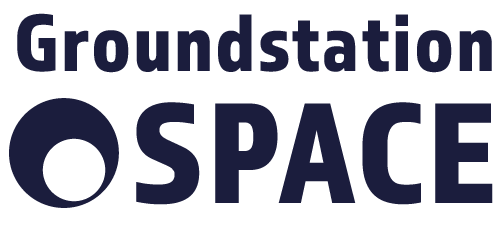Earth is increasingly relying on space technology

Safe communication between military personnel, predicting forest fires, real-time images of air pollution, knowing exactly how much water crops need, and rapid identification of imminent dike subsidence. This is a selection of applications made possible by satellites orbiting the earth.
In almost every corner of our society, space technology offers opportunities: for companies to develop new products and services, and for governments to perform their tasks well. The space sector is growing at an above-average speed: between 2014 and 2018 employment increased by 20%. This statistic is an outcome from a study by Dialogic, that was carried out on behalf of the Ministry of Economic Affairs and Climate.
Anyone who thinks that space travel is only important for astronauts or rocket builders is wrong. This research shows that it benefits us all: from farmers to military personnel and from companies and governments to anyone who ever uses a weather forecasting app. The research also shows that we are only at the beginning of what we can all do with space travel – especially the combination with other technologies such as AI can still bring us a lot. That is why the [Dutch] government is investing € 387.5 million in space between 2020 and 2022.
Dutch State Secretary of Economic Affairs and Climate Mona Keijzer
Above-average growth
In 2018, the Dutch space sector provided approximately 10,500 jobs, contributed 1.9 billion euros in production value, and 1 billion euros in added value. The space sector has grown above average since 2014, in terms of employment by even more than 20%. According to the Dialogic researchers, this shows that the Dutch space sector remains competitive in this global growth market.
Dutch innovation in space
There are currently several examples of Dutch innovation floating in orbit around the earth. The space instrument TROPOMI, largely developed in the Netherlands, monitors global emissions of greenhouse gases such as nitrogen dioxide and methane on a daily basis. The National Icon Hiber makes it possible with their satellite network to connect even in the most remote places in the world with smart devices. And in September 2020, the HyperScout-2 went aboard the Vega rocket. HyperScout-2 was developed by the Cosine company in Warmond (South Holland) and is the first AI-based earth observation instrument. Forest fires can be detected and predicted with the algorithm.
Note: This is a translation of original article in Dutch, as published on the Dutch National Government portal on 10 November 2020.












